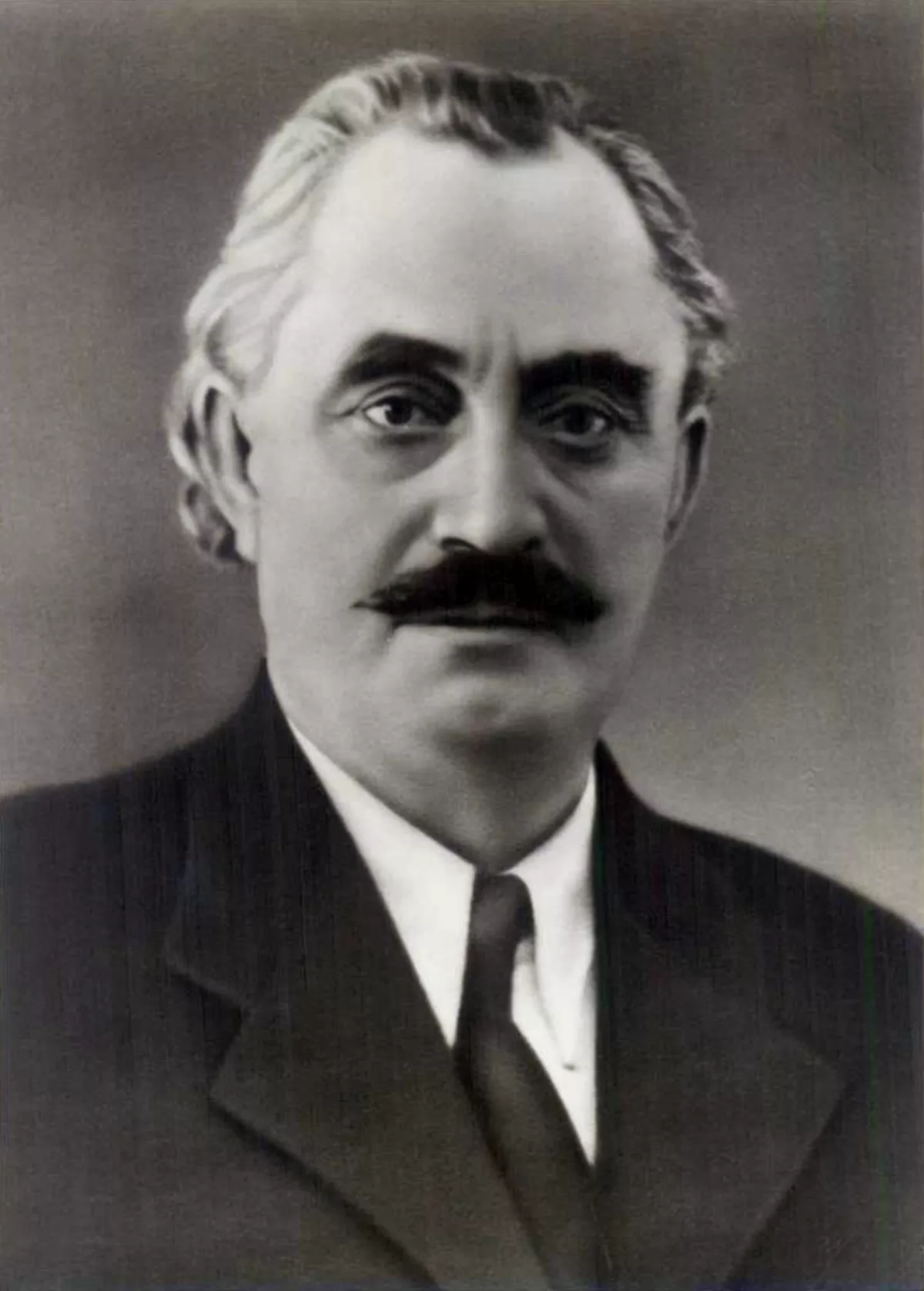 1.
1. Georgi Dimitrov Mihaylov known as Georgiy Mihaylovich Dimitrov, was a Bulgarian communist politician who served as leader of the Bulgarian Communist Party from 1933 to 1949, and the first leader of the Communist People's Republic of Bulgaria from 1946 to 1949.